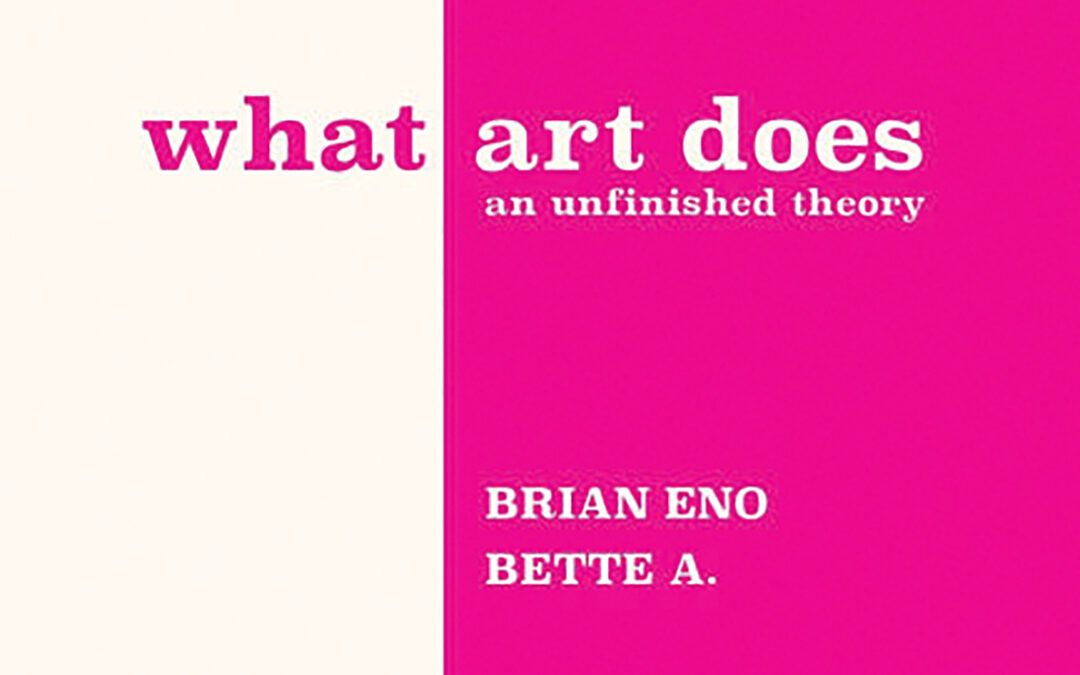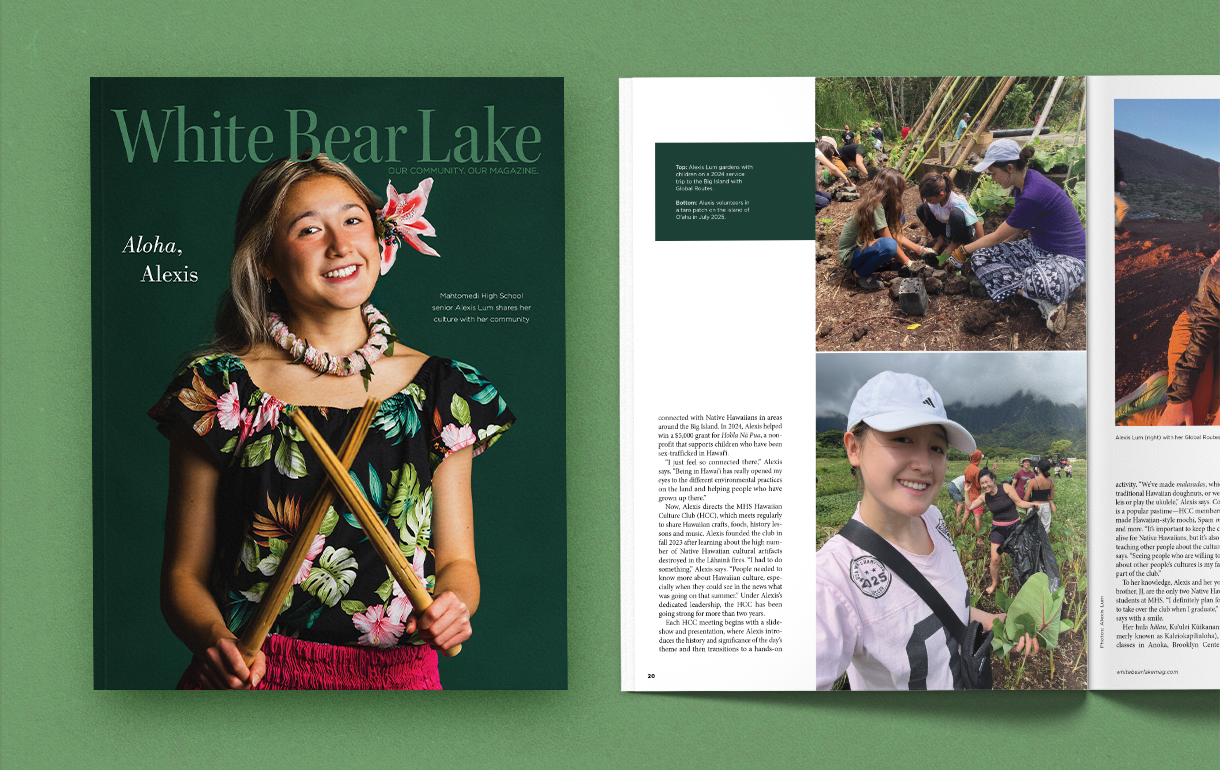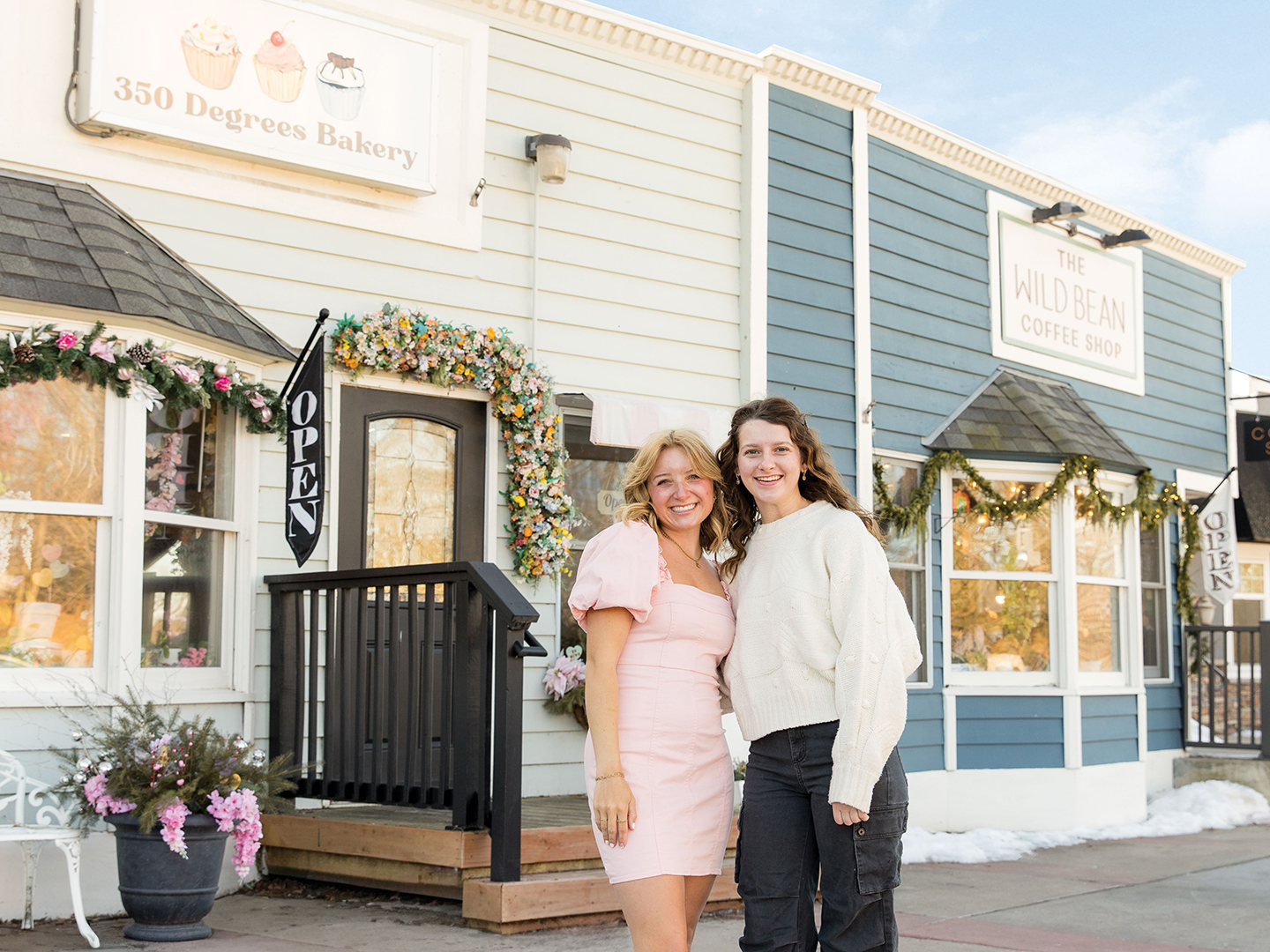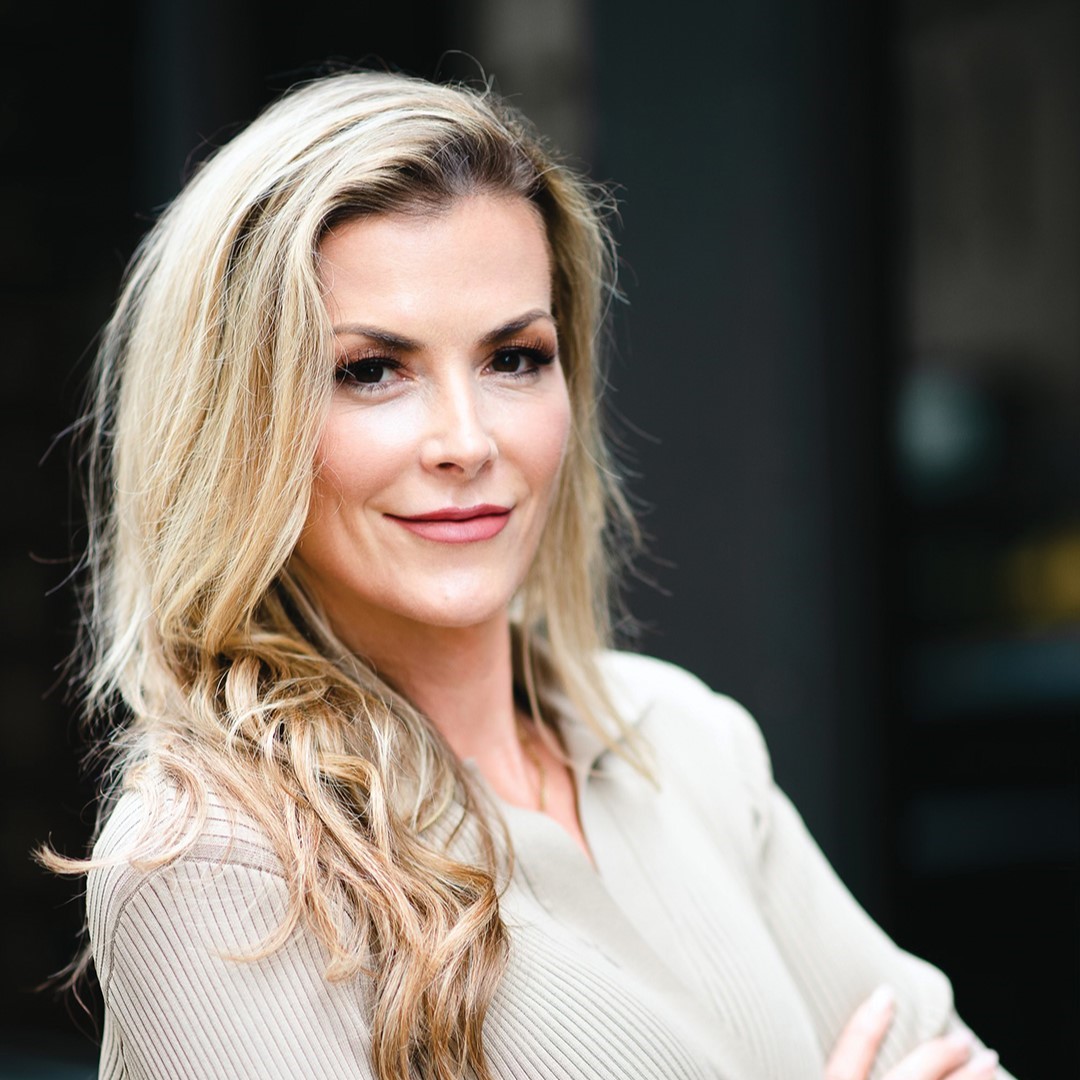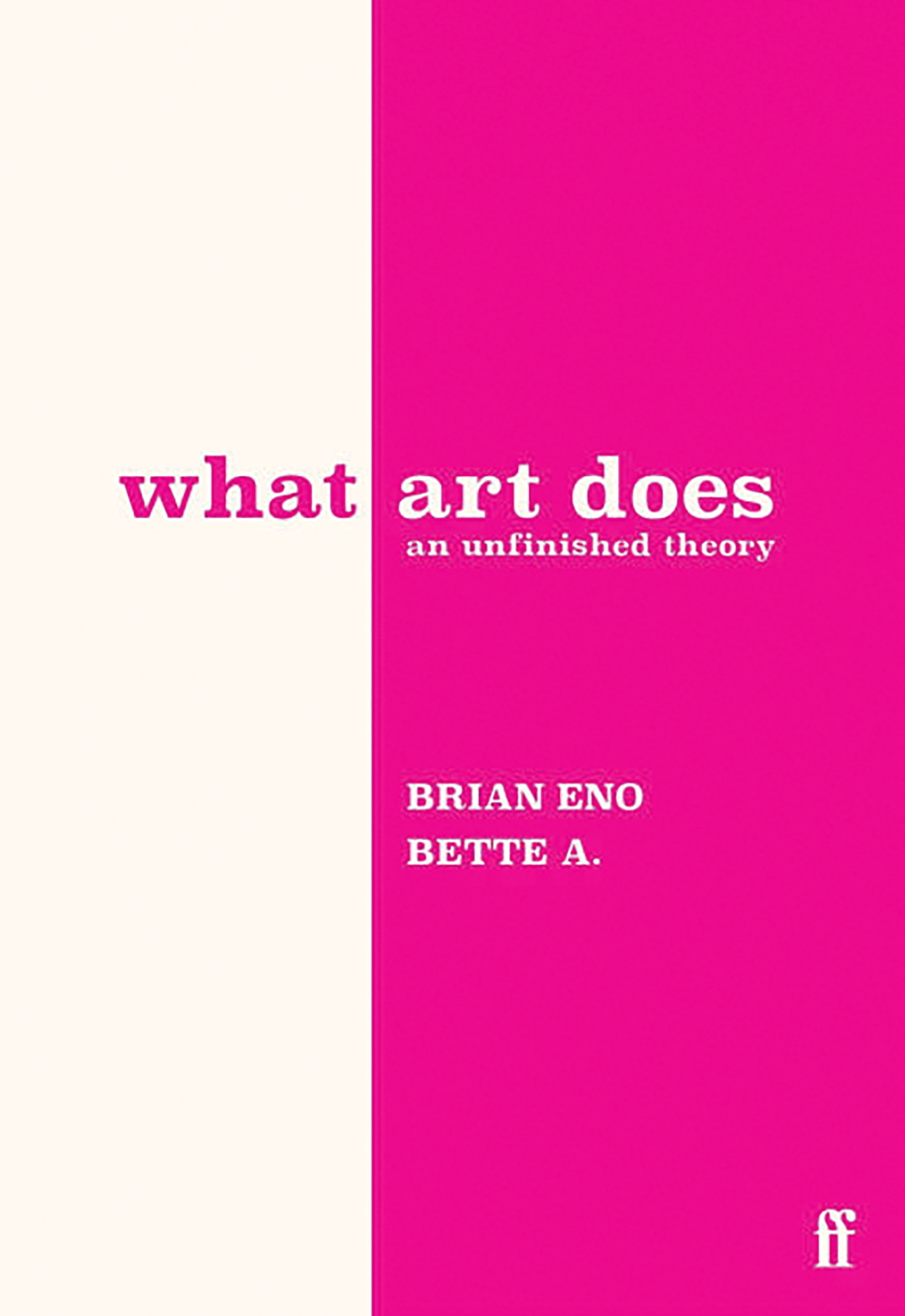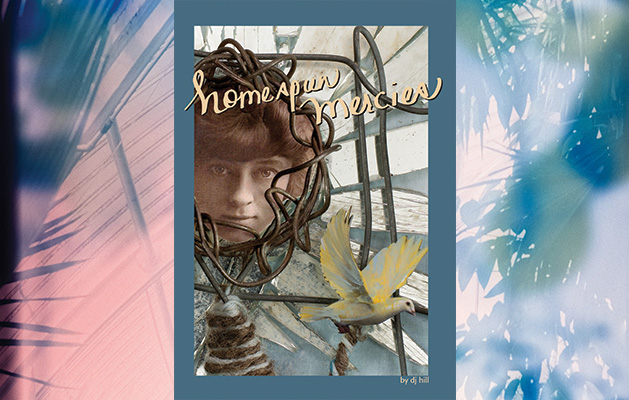
Photos: Debbie Johnson-Hill, unsplash.com/anniespratt
Poet Debbie Johnson-Hill pursued her passion, found her voice and lets her ‘heart beat wildly.’
As a young girl, Debbie Johnson-Hill found happiness in books, the words taking her to faraway places, falling into them like Alice into the looking glass.
“We used to go to the Boundary Waters, and I would bring a stack of books with me,” Johnson-Hill says. “At home, I’d find a cozy spot and would read for hours.”
Page after page, book after book, she ruminated, she dreamed, she questioned and she wondered about the world and the great beyond and her place in it.
When she was about 12, saddened when one of her older brothers was preparing to leave home to strike out on his own, she took all her jumbled-up feelings and, with pencil and paper, eked out her first poem. Then she wrote another. And another. Soon, the poems were filling notebooks and helping her cope with the whirlwind of adolescence.
“Poetry just became a way for me to comfort myself,” says Johnson-Hill. “To make sense of what was going on around me.”
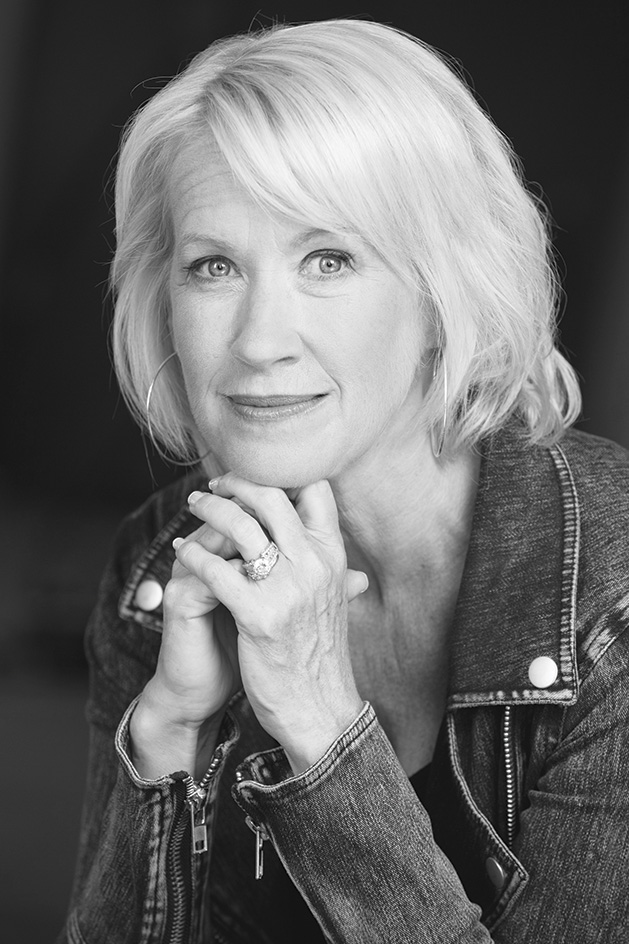
Life in the Middle
As frequently happens, the passion of our youth gets lost in the busyness of life. Johnson-Hill married, had children, divorced; poetry and literature were supplanted by children’s books and spelling tests. Then, she met her childhood sweetheart at a coffee shop in Stillwater—he would not lose her again as he had when they were kids. She said ‘yes’ and the two married in September of 2009.
Johnson-Hill wondered aloud what to do once they were empty nesters. Bob, her husband, calmly turned to her and asked, “What is your passion?” She pondered for a moment and said, “I don’t know.” She honestly hadn’t given it much thought over the last three-plus decades. Her mission was to find out.
“It seemed overwhelming to go back to school at the age of 50,” she says. “But I thought I’d just try.”
So, she signed up for a critical reading class. And then more classes. She took on writing projects, including freelance writing and eventually staff writing for White Bear Lake Magazine and other work with Tiger Oak Publications. And then, about a year in, she took a poetry writing class.
“It was like this whole beautiful world opened up,” she says. “And I said, ‘Oh, I know where I’m supposed to be.’”
Homespun Mercies
Debbie completed her basic coursework at Century College in 2014 and quickly enrolled at Hamline University in the BFA program. Working with professors—many distinguished writers and poets—Johnson-Hill flourished under their tutelage, guidance and kindness.
She wrote villanelles and sonnets, haikus and limericks. And she once again tapped into her creativity and used it, as all good poets and writers are bound to do, to find the authenticity of her own soul.
After graduating summa cum laude—and becoming the student speaker at her 2017 graduation from Hamline—she moved to Colorado. She soon realized that what her husband had told her repeatedly, namely that her Emily Dickinson-like insights into the human soul needed to be published for the world to enjoy, might be true. So, Debbie took the risk of creating her first book of poetry, Homespun Mercies.
Released in 2019, Homespun Mercies explores everything from love to creative blocks and procrastination to sexual assault and female empowerment—she also created the cover art and the collages within the book. It has garnered a Gold designation in the Benjamin Franklin Awards, first place in the CIPA EVVY Book Awards, silver medals from the Nautilus and IPPY Book Awards and was a finalist in the International Book Awards—a huge accomplishment from someone who just years before was on a quest for purpose.
And her honesty and vulnerability have resonated deeply with readers, frequently hearing from folks who want to meet to talk about the poetry and how it has affected them.
“I think growing up there wasn’t a lot of transparency; when asked, everything was always ‘fine.’ You didn’t share issues with people,” she says. “But the more vulnerable I allowed myself to become, as scary as that was, it opened up so much the opportunity to share with people.”
Before the pandemic, she read some of her poems at The Strand, the storied bookstore in the East Village in Manhattan, and had numerous other remote readings; her voice alongside some of the esteemed poets of the day.
When asked what she would say to that 12-year-old girl, knowing how far she has come and what she ultimately accomplished, she says, “I would say I’m really proud of you … I would say that you will spend a lot of your life loving and nurturing others, but you’ll find your way back to yourself; that your story has only just begun.”
Debbie’s latest project, Who’s That I Hear?, a children’s book, will be released in the spring of 2021.
“I wrote this teeny, tiny book in the early-90s, put it in a folder, and didn’t look at it for years,” she says. “But found it again and Bob read it and said, ‘Why haven’t you published this?'”
With a series of serendipitous occurrences, including meeting an illustrator at a gallery event and a publisher moving in across the street, the “teeny, tiny book” will soon be shared with the world.
Ars Poetica from Homespun Mercies
Untie the dead weight of expectations, fears, facades,
and let them slowly drip down your burdened shoulders,
a descending pool around weary ankles.
Peel the doubt and dread, releasing one arm at a time,
until your head is the last to be set free,
the moment you panic you just can’t breathe.
Shimmy out of your imperfections, baggy or skinny,
those parts you’ve contained or hidden,
hoping to sidestep judgement.
Slip out of the undergarments that cradle those intimate, vulnerable crevasses,
not allowing yourself reprieve until the last silky or cotton shred is discarded.
Glance down and marvel at that
glorious heap on the dull, wooden floor.
Only then will I listen to your fears:
You haven’t accomplished enough,
remain afraid of the future, the dark,
getting older, or being alone.
Expose your innermost self and let your heart beat wildly
You can purchase Homespun Mercies at djhill-writer.com and on Amazon.



